What happens when nonprofits that support people with intellectual and developmental disabilities can’t recruit and retain enough staff to provide daily care for the 140,000 vulnerable New Yorkers who can’t function without it?
It’s not a theoretical question, say agency leaders like Randi Castro-Rios, CEO of Jawonio, which operates group homes and programs throughout the Hudson Valley.
Leaders in the human-care sector, advocates and families are demanding that the state finally increase pay for workers, known as Direct Support Professionals. Pay rates for these nonprofit workers are set by the state. Agencies are reimbursed for their services by the state Office for People with Developmental Disabilities.
The only way to significantly boost those workers’ wages is to add money for their pay into the 2025 state budget.
At a recent legislative forum for state officials, Castro-Rios laid out the math:
- DSPs earn barely above minimum wage. They often work two jobs or consistent double time to afford to live in one of the most pricey real estate markets in the country.
- About half of all service providers statewide say they have had to cut programs because they can’t hire enough workers. And even after this downsizing, there’s a statewide 25% job vacancy rate for DSPs.
During a meeting at Jawonio’s New City headquarters, Rios-Castro told members of the state Senate and Assembly that the alternative is one no one wants: going back to congregant facilities like the notorious Willowbrook State School and Letchworth Developmental Center that warehoused people with disabilities until the neglect there was exposed and New York led the way toward reforms.
“It’s literally an SOS,” Rios-Castro said during the Nov. 16 forum that attracted leaders from Venture Together, ARC of Rockland and other providers that support people with disabilities.
State budget would set higher pay
A survey by New York Disabilities Advocates showed that nearly all agencies serving people with developmental disabilities experienced a drop in job applicants. There’s also high turnover; one DSP with seven years’ experience recently said a retail job at her local mall paid a dollar an hour more than her DSP position.
For the 2025 budget, advocates and agencies want a 3.2% cost-of-living adjustment, or COLA. That so-called COLA is designed to cover agency cost increases, not limited to salaries. So some gets passed on to DSPs, but not all.
To ensure DSP wages get a significant increase, advocates also want a $4,000 wage enhancement that would go directly into workers’ annual earnings.
While Gov. Kathy Hochul’s 2024 budget included a 4 percent COLA, that was back when inflation was nearing a double-digit percentage increase.
Hochul scrapped a hoped-for $4,000 wage enhancement in the final budget plan. A follow-up Direct Support Wage Enhancement bill didn’t get out of committee last state legislative session.
Hochul is expected to outline her 2025 budget plan in early January. It’s due to be signed by April 1, though that deadline is often missed amid negotiations with legislators.
Joshua Cohen, who resides in an ARC of Rockland home, said the state can’t afford to skip wage DSP increases again.
“They need real money to live and pay their bills,” he said of the DSPs who help him with the everyday tasks of living.
This is what Direct Support Professionals do
On a recent Tuesday morning at the Johansen Home in Monsey, residents are getting out of bed, preparing for breakfast and then readying to head off to their daily rounds. The eight people who live in this Jawonio-run group home, though, can’t do those things without intense support by a team of Direct Support Professionals.
DSPs operate the lifts that help the residents, all of whom use wheelchairs at least part of the time, to get out of bed. DSPs cook meals that are balanced and figure out myriad prescription medications for the residents, all of whom have complex physical and developmental disabilities. DSPs often drive residents to their day programs, securing wheelchairs and operating vans.
Many DSPs work seven days a week, and often pull double shifts, said Marcia Campbell, a residence coordinator at Jawonio. The extra hours stem from dual necessities: Staffing shortages are perpetual; the workers earn too little to afford not to work extra hours and get extra pay. The two are inexorably linked.
Campbell goes to Johansen Home most mornings to help residents get ready for their day.
She’s had staff come to work clutching eviction notices or utility shut-off notices because they can’t make ends meet. Workers regularly visit local food pantries.
Maria Noel works at Johansen and also at another job as a licensed certified nurse assistant. Her rent eats up half her monthly paycheck, she said, and there’s not much left for her family. But she knows how much the residents need her. She hesitates to call out of work. “I think, ‘what about them?'” she said, her hand reaching out and patting Carol Fried, one of the residents at Johansen Home. “We have heart for them.”
Campbell, who spent years as a DSP, said that a lot of staff remain dedicated to the residents, even as they struggle financially.
“If we are left behind, so are the people that we care for,” she said, “or worse.”
Nancy Cutler writes about People & Policy for lohud.com and the USA Today Network New York. Reach her at ncutler@lohud.com; follow her at @nancyrockland on X (formerly Twitter), Instagram and Threads.
